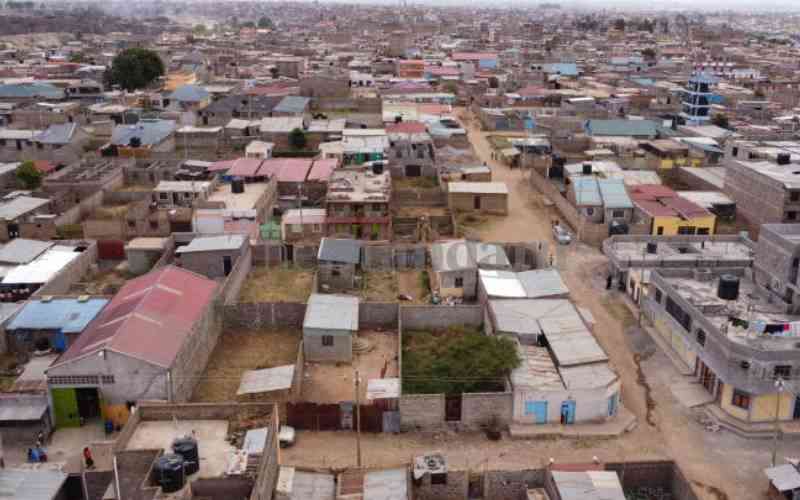×
The Standard e-Paper
Smart Minds Choose Us

Hundreds of residents occupying the disputed Kirima land in Njiru have been directed to cease further construction until the matter is resolved.
This was part of the resolutions following a meeting held on January 10 between Nairobi county government and representatives of the occupants of the land.